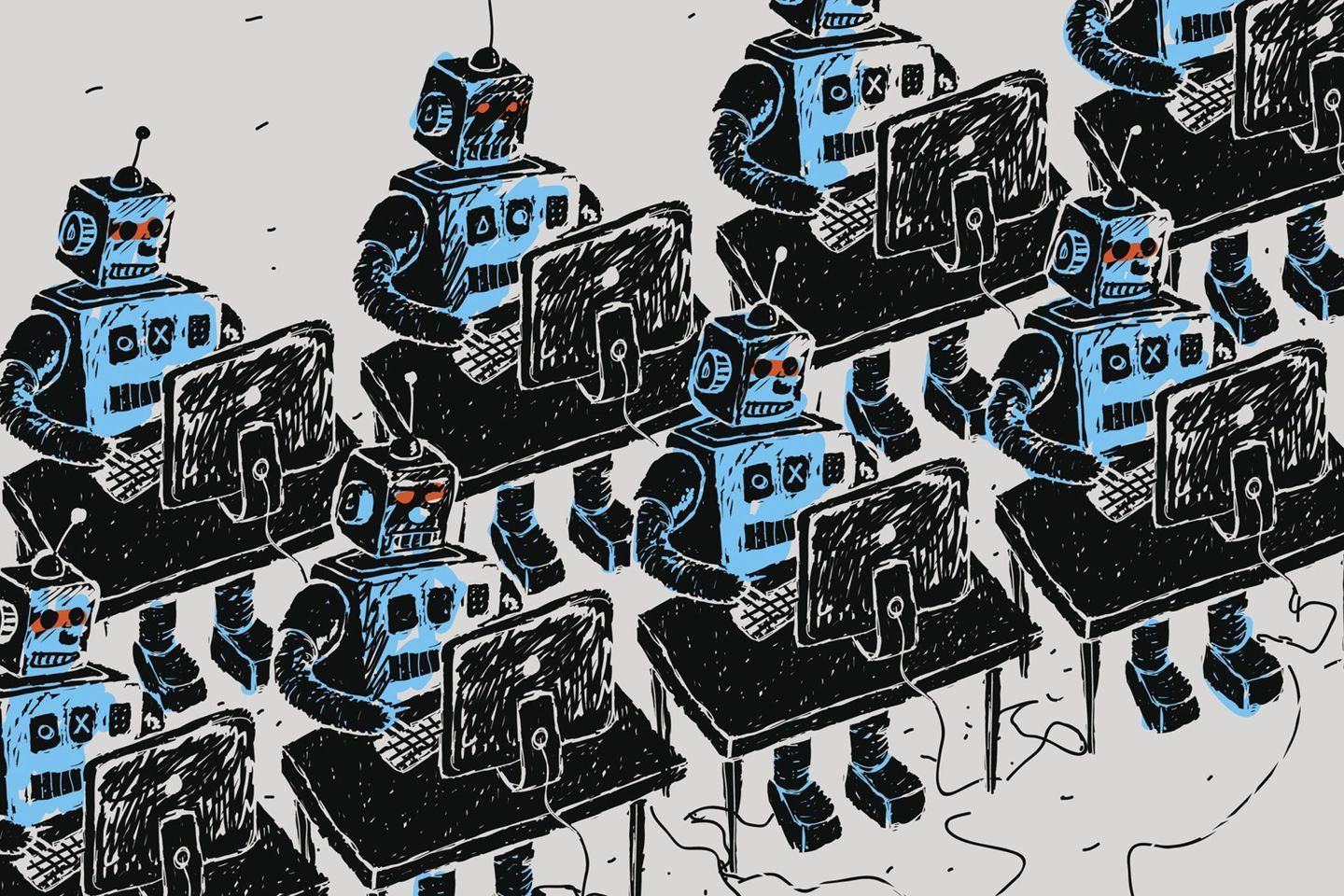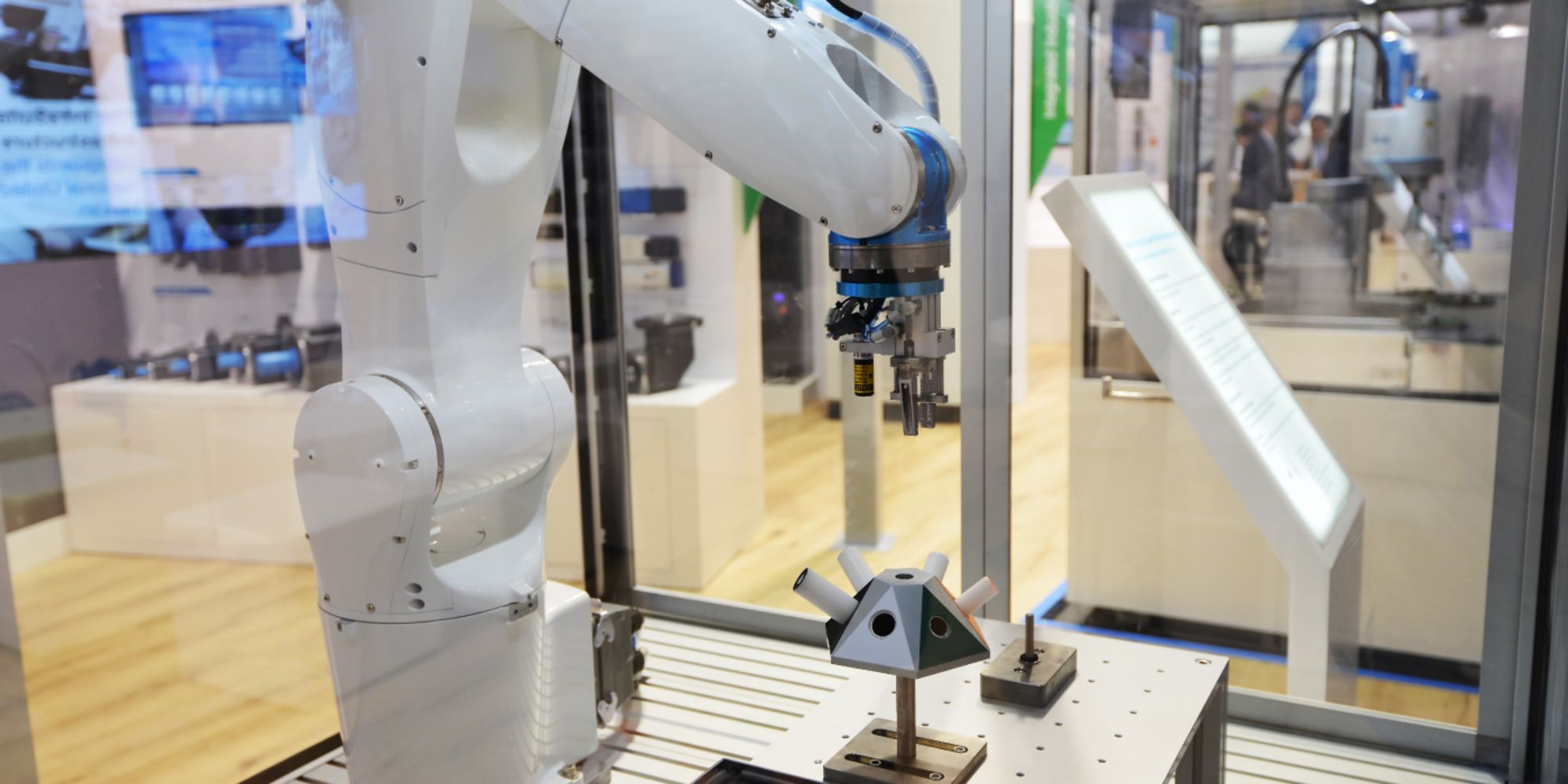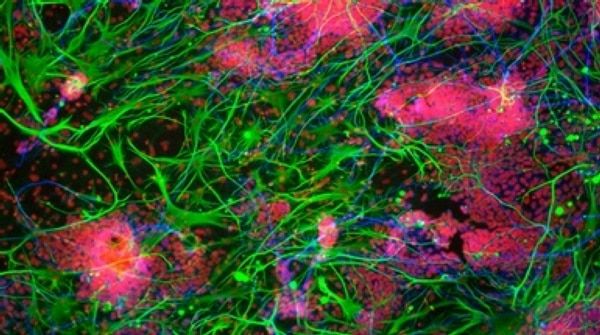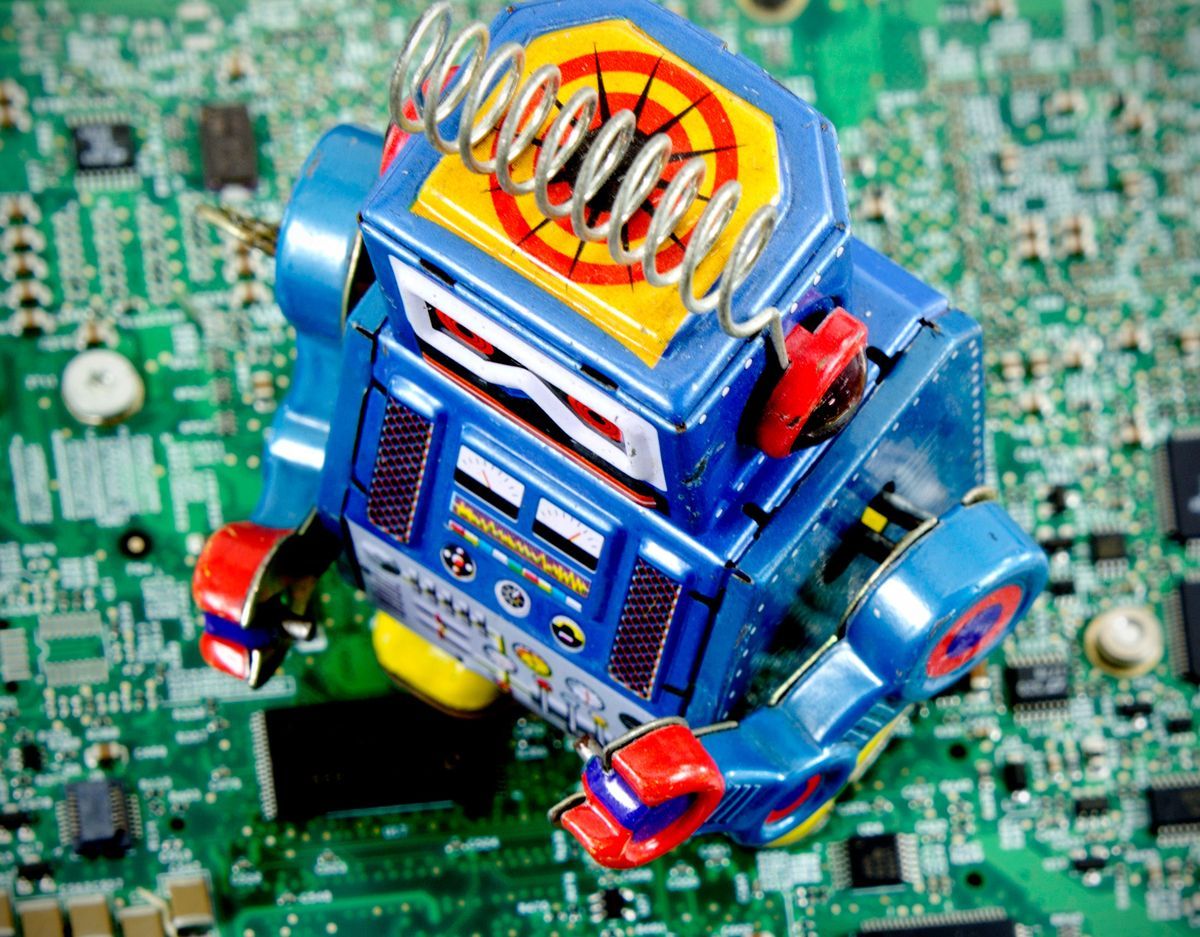May 3, 2017
Rejuvenation would be too expensive to create
Posted by Nicola Bagalà in categories: asteroid/comet impacts, economics, existential risks, finance, life extension
Creating rejuvenation will probably be quite expensive, but that’s no reason to give up on it. We can pull it off.
The first thing to realise is that, when you wonder how much something will cost, you’re actually wondering how many resources and how many people doing how much work it will take to do that something. That’s all that really matters. The problem is that we have a sucky economic system such that even if we do have more than enough people and resources to do the job, the monetary cost of it could be so high that you can’t get the job done without creating financial problems left and right. This should be a hint that the problem, if it exists, lies in our crappy economic system, not in rejuvenation itself or whatever other thing we may create.
Apart from the obvious fact that other hysterically expensive endeavours (such as space missions) are pulled off despite their costs, we must take into account that desperate circumstances call for desperate measures. We don’t need to tear apart our economic system and replace it with another before we create rejuvenation, and neither would we if faced with another health crisis (such as a pandemic) or a planetary crisis, but we need to get the job done despite its costs and the consequences they may have. We can’t give up on rejuvenation on the grounds that it may be too expensive to create, just like we wouldn’t in the case of an existential risk. Can you imagine that? There’s a huge asteroid on a collision course with Earth, and our only hope is a spectacularly expensive space mission to destroy it before it’s too late. Just who in their right mind would step up and say: ‘Nah, too expensive. Let’s not do it.
















